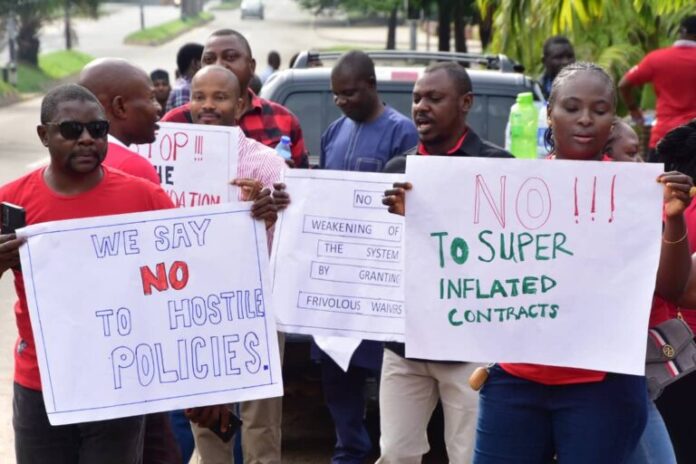By Milcah Tanimu
The #EndBadGovernance protests that erupted on August 10 have concluded, but the impact and discussions around it are far from over. As time passes, experts, critics, and citizens will continue to dissect and analyze the events, questioning its successes and failures. Did it achieve its goals? What lessons were learned by both the protesters and the government? The answers will vary depending on who you ask.
One thing is clear: the memory of these protests will linger, much like the #EndSARS movement that preceded it. The organizers, the families and friends of the victims, the government, and even those whose actions during the protests will haunt them forever—all will remember these events with a mix of sorrow and reflection.
Unfortunately, lives were lost once again, just as in the #EndSARS protests. Among those affected were genuine activists, opportunists who capitalized on the unrest, and the ordinary citizens who have suffered for years under oppressive government policies. The government, often caught unprepared, will likely spend a long time contemplating the events of the past days.
Wale Olajire Ajao, a fellow activist and my classmate from our days at the University of Ife, shares his thoughts in a piece titled “Grinding Poverty and Endless Protests in Nigeria.” He writes: “In Nigeria, grinding poverty coexists with endless protests because the government has continually failed to diversify the economy since independence in 1960. Corruption and mismanagement have only worsened the situation.”
Ajao recalls how the economy was first severely impacted in 1980 under President Shehu Shagari when oil prices dropped. Subsequent economic challenges, including the devaluation of the Naira during Ibrahim Babangida’s regime, laid the groundwork for the economic hardships we face today. The government’s failure to diversify the economy and the unchecked corruption have led to a cycle of poverty and protests that has persisted for decades.
By 2015, Nigeria was at the top of Transparency International’s global corruption index, and the number of out-of-school children had reached alarming levels. These children, neglected and left to fend for themselves, often become the very people who hijack peaceful protests, turning them into opportunities for looting and violence.
Under President Muhammadu Buhari, youth unemployment reached unprecedented levels, and insecurity worsened. Buhari’s perceived favoritism towards his ethnic group, particularly in handling the Fulani herdsmen crisis, further fueled tensions. The removal of fuel and electricity subsidies, coupled with the floating of the Naira under President Bola Ahmed Tinubu, has only exacerbated the economic difficulties faced by ordinary Nigerians.
Despite rolling out palliative measures, Tinubu’s government has struggled to alleviate the hardships brought on by these policies. Inflation continues to rise, and life remains difficult for the majority of Nigerians.
As Ajao points out, the government’s failure to properly address the root causes of these protests—high youth unemployment, rising costs of living, and widespread insecurity—has only ensured that these issues will persist. The government’s response to the #EndBadGovernance protests was eerily similar to how Buhari and Lagos State Governor Babajide Sanwo-Olu handled the #EndSARS protests, leading to a predictable cycle of violence, looting, and police brutality.
The lack of proactive measures by the authorities only allowed the situation to escalate. If citizens had joined the protests in larger numbers, or if the police had been better prepared to protect vital assets, the outcome might have been different.
It’s time for the government to stop viewing peaceful protesters as enemies and start embracing true democratic governance. As long as high levels of poverty, corruption, and neglect of the youth persist, Nigeria will remain trapped in a cycle of protests and violence.
President Tinubu still has an opportunity to change course. By addressing the demands of the #EndBadGovernance protesters and implementing measures to reduce youth unemployment and improve living conditions, he can begin to restore faith in the government. But as long as the focus remains on the perks of office rather than meaningful reforms, the rage will only build, and the next wave of protests may be even more intense.

